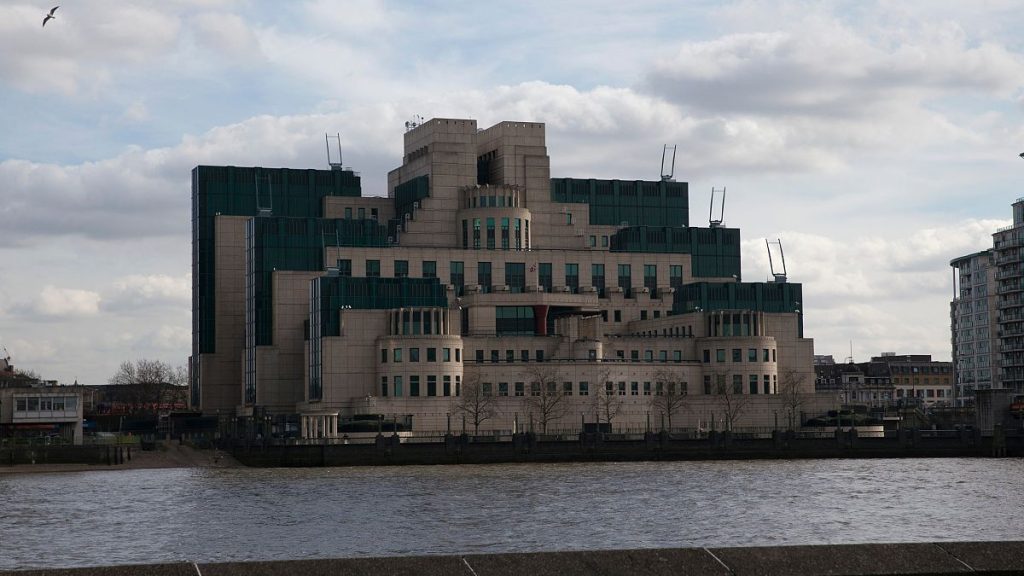Recent reports indicate a rise in hybrid attacks orchestrated by Russia aimed at destabilizing Ukraine’s Western allies. Richard Moore, the head of Britain’s MI6, has labeled these actions as part of a “staggeringly reckless” sabotage campaign against nations supporting Ukraine. In a recent address to diplomats and intelligence officials in France, he and his French counterpart, Nicolas Lerner of the DGSE, discussed the collaboration between their agencies to curb these dangerous activities. Moore emphasized the importance of assessing risks and making informed decisions to respond to the mix of threats, including aggressive rhetoric and sabotage tactics used by the Kremlin. This acknowledgment comes amid rising tensions and fears regarding the consequences of aiding Ukraine.
Russian intelligence is suspected of employing a range of disruptive methods, including disinformation campaigns, sabotage, and arson, as been evidenced by various high-profile incidents across Europe. Western officials have linked Moscow to attempts to incite chaos, such as conspiracies to set fire to Ukrainian-owned businesses in London and incidents involving incendiary devices discovered in cargo shipments. These disruptive actions highlight a broader strategy to destabilize not just Ukraine, but also its supporters throughout Europe. The recent occurrences of such incidents, including fires in Germany and England, illustrate the seriousness of the threat posed by Russian operatives on European soil.
Moore and Lerner both underscored that the collective security of Europe was at risk due to Russia’s aggressive stance. Lerner noted the importance of the UK’s experience in confronting Russian threats, referencing previous incidents such as the 2018 Novichok poisoning in Salisbury. The UK and France, as close allies of Ukraine, have provided Kyiv with significant military support, facilitating the use of advanced weapons systems to target Russian positions. The shift in U.S. policy regarding the use of American missiles against Russian targets, highlighted by Ukraine’s recent use of ATACMS missiles, marks a critical development in Europe’s defense strategy against Russian aggression.
In response to Ukraine’s escalation of attacks using U.S.-made missiles, Russian forces have dramatically increased their missile strikes targeting Ukraine’s energy infrastructure. This wave of aggression appears to be a retaliatory measure, framed by President Putin as a direct response to Ukraine’s new offensive capabilities. The introduction of Russia’s Oreshnik intermediate-range ballistic missile, along with threats directed at Ukraine’s leadership, signals the Kremlin’s intent to further intimidate and project power in the face of escalating military support for Ukraine.
Amid these developments, Moore issued a stern warning to any wavering allies regarding their support for Ukraine. He articulated that while the costs associated with assisting Ukraine are evident, the repercussions of inaction would be considerably more dire. He warned that if Russia were to prevail, the geopolitical landscape would shift dramatically—emboldening adversarial nations like Iran, China, and North Korea, whose ties to Russia would potentially strengthen in response to such a victory. This assertion highlights the broader implications of the conflict not only for Europe but also for international stability and security.
In summary, the hybrid warfare strategies employed by Russia against Ukraine’s Western allies present a significant national security concern. The cooperation between intelligence agencies in the UK and France exemplifies an urgent response to these threats, with a focus on preventing any escalation of Russia’s reckless tactics. As tensions continue to mount and the conflict evolves, the importance of maintaining steadfast support for Ukraine becomes increasingly apparent to deter further aggression from Russia and its allies.














